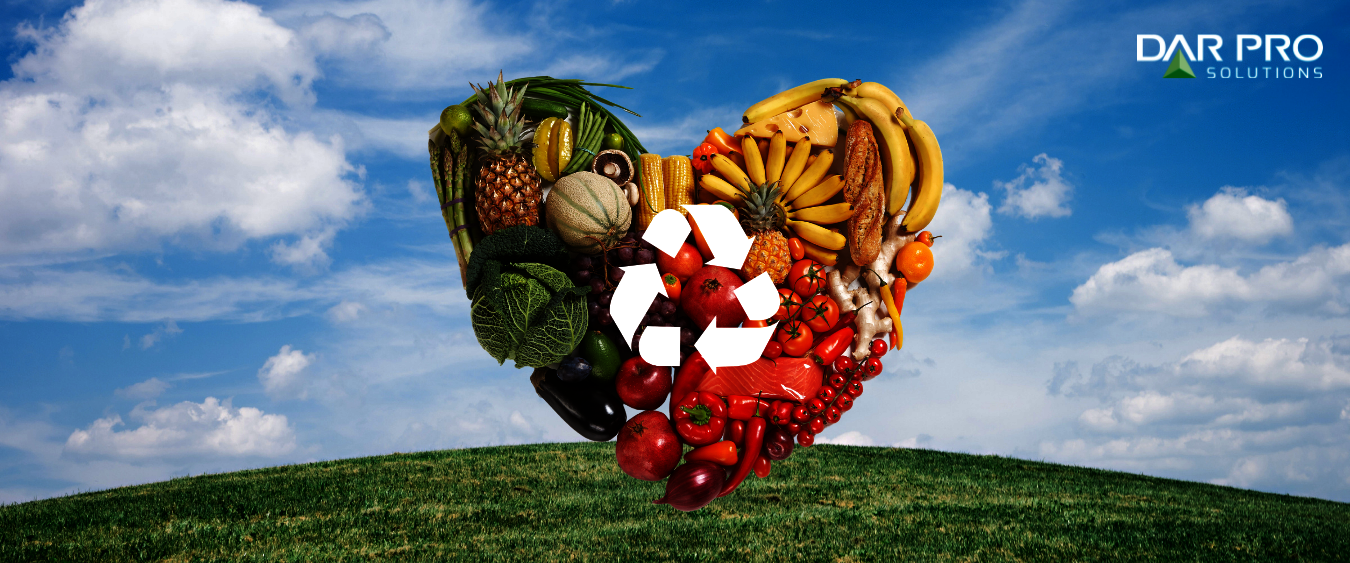1. Efficient water use and conservation practices
Food processors account for 23 percent of the industry’s total energy use and a lot of that is due to the water-intensive nature of the processes. Water is used both as an ingredient and a tool in the process and is often used inefficiently. Implementing water conservation measures like smart meters and sustainable water management systems can help identify and act on these opportunities. These efforts can even extend all the way back to the food production segment. Roughly 39 percent of fresh water used annually in the United States is for crop irrigation. Much of it is necessary to the cultivation of these crops but switching to drip irrigation systems and utilizing wastewater re-use mechanisms are ways to conserve water in the process and operate more efficiently.
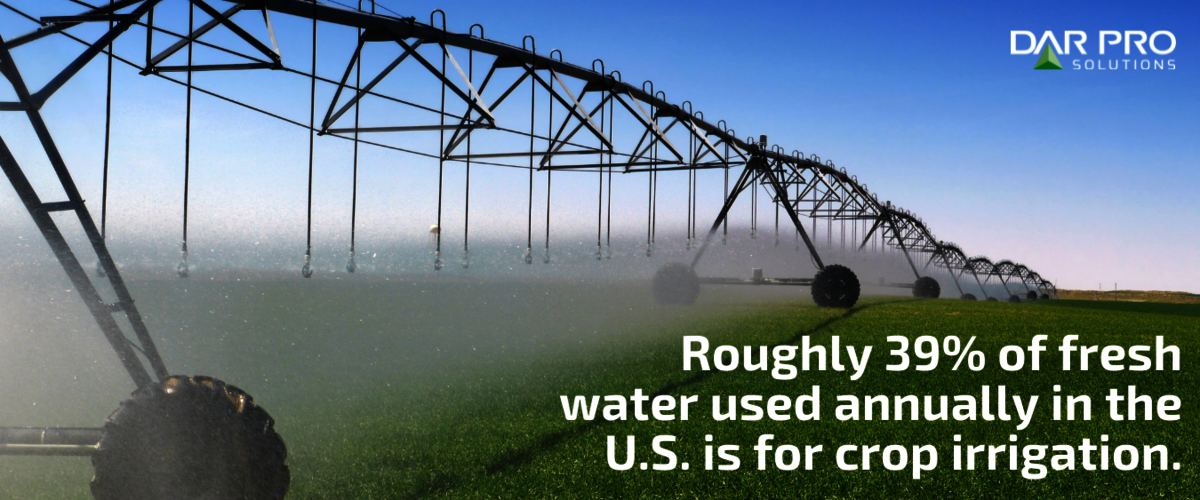
2. Reusable and eco-friendly packaging
Packaging waste reduction is a crucial element to the waste reduction efforts of grocery stores and other food retailers, but it can also extend to the processors that get these products onto the shelves of those retailers in the first place. Only 14 percent of the 78 million tons of food packaging waste are recycled annually. Eliminating plastic is the name of the game when it comes to recycling food packaging. You cannot recycle plastic, meaning its only purpose after the packaging is ripped off is taking up space in a landfill.
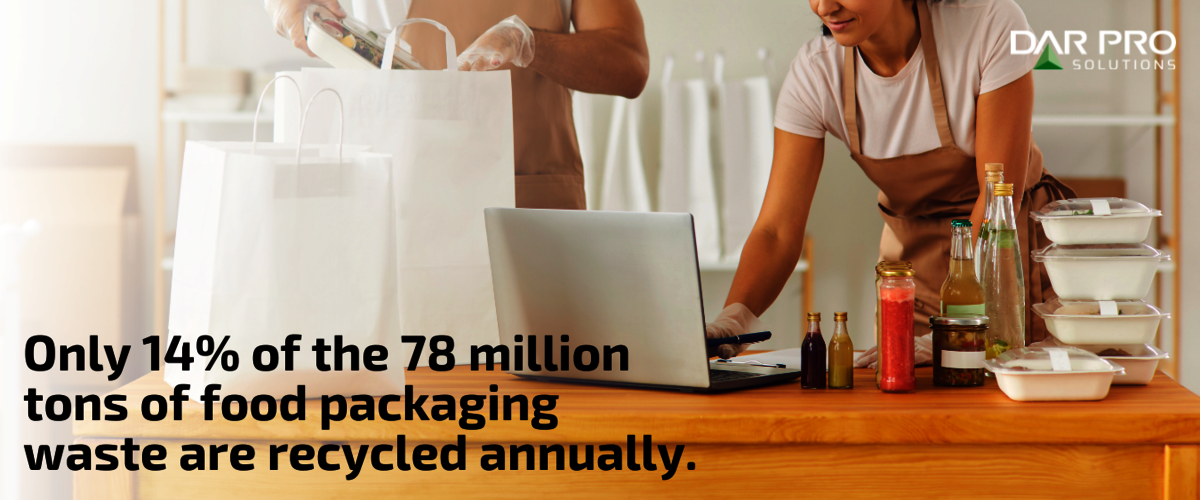
Wood and paper packaging are better ways to go, and when needed, aluminum is the best and most environmentally responsible metal packaging to use. There are also packaging options available that are made from biodegradable materials. Changing the way food is packaged and what it is packaged makes a sizable impact on the overall waste output of food processing and will make the entire operation more sustainable.
3. Reducing food related waste
Examining the way your processing facility operates often leads to ways to improve it from a sustainability standpoint. Calculate how much food-related waste your facility generates and determine how much of that can be reduced. Have regular maintenance checks on your equipment to ensure your process is maximizing the amount of usable food products produced.
Where are all of the fats, oils and greases going? By partnering with a reputable collection service, that used cooking oil and grease material can be repurposed into ingredients used the production of renewable diesel, a cleaner-burning alternative to petroleum fuel that reduces carbon emissions by up to 85 percent per gallon. The same goes for your inedible meat byproduct. It also can be recycled and repurposed into materials used in producing renewable diesel and various household products. It’s not uncommon in larger industrial processing facilities to be losing grease down your drain without knowing it. A reputable provider can help you identify where you are potentially losing grease waste in areas you may not even be aware of.
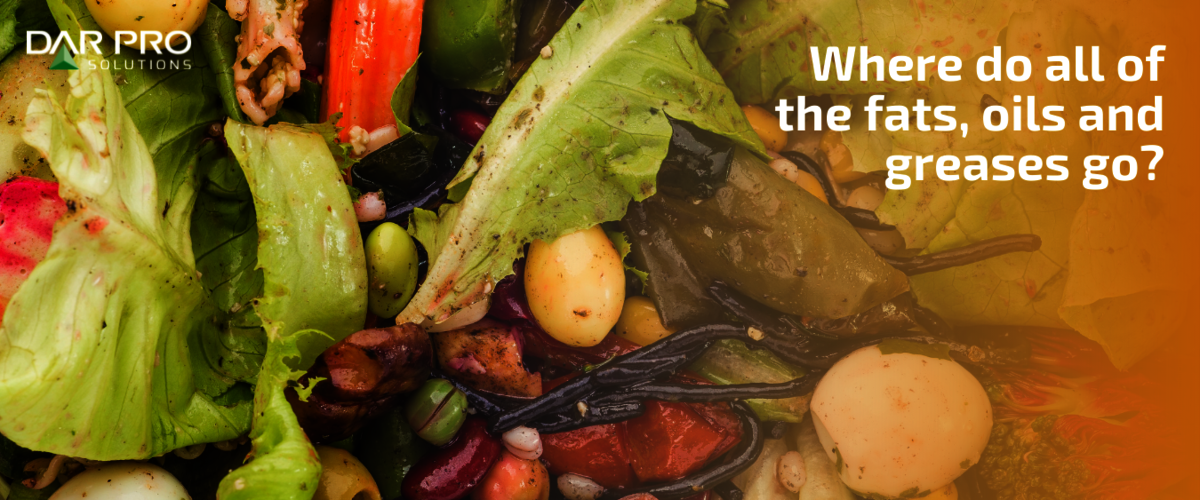
Recycling the byproducts of your operations is beneficial in a variety of ways. What you consider waste has value and can turn into an additional revenue stream in the form of rebates. It’s also contributing toward producing fuel that could potentially power the trucks that deliver your food to the retailers that buy from you. By recycling, you can reduce carbon emissions both in your facility’s operations and with the trucks that carry your product to its ultimate destination.
4. Avoid additives and other harmful chemicals
The use of pesticides, fertilizers and antibiotics is commonplace in producing the food that your facility processes. When possible, try to buy from organic producers that shy away from using these chemicals that cause damage to the environment. Organically grown produce and grass-fed meats are a great place to start. Plant-based meat may also be an option worth exploring as the alternatives to meat-based products become more abundant and diverse. Your plant can be more sustainable by looking at the product you produce and how it can be made in a healthier and more sustainable manner.
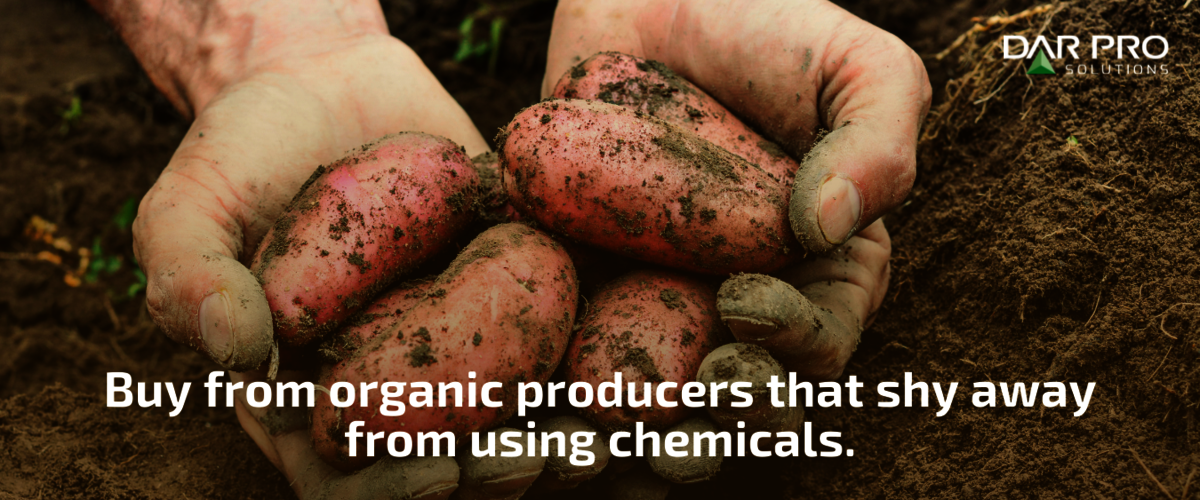
These are just a few of the ways your processing facility can look to identify ways in which it can be more sustainable. Implementing these simple tips to help do your facility work toward a healthier planet and a more sustainable future.
DAR PRO Solutions provides unparalleled used cooking oil recycling, grease trap maintenance and inedible meat byproduct collection services to grocery stores across the country. Reach out to a DAR PRO representative today and find out how your business can benefit from our program. Call us 24/7/365 at 855-DAR-PRO1 (855-327-7761).
Contact Sales
For customer service inquiries call our toll free number (855) 327-7761
By submitting this form I agree to the privacy policy including the usage of contact details to contact me for marketing purposes.
9/13/2021
